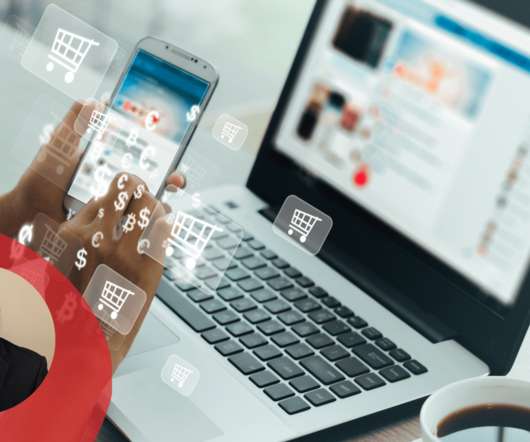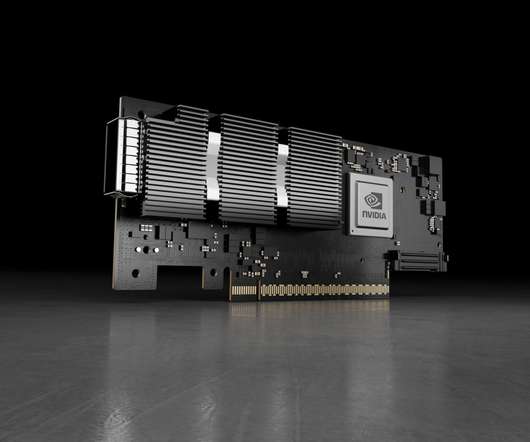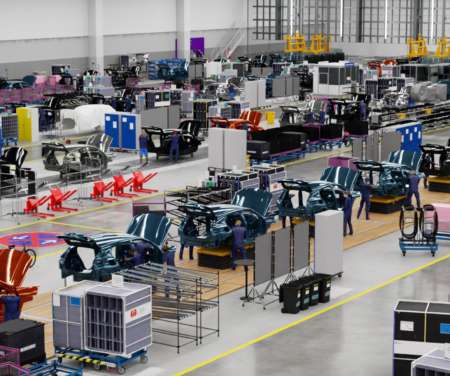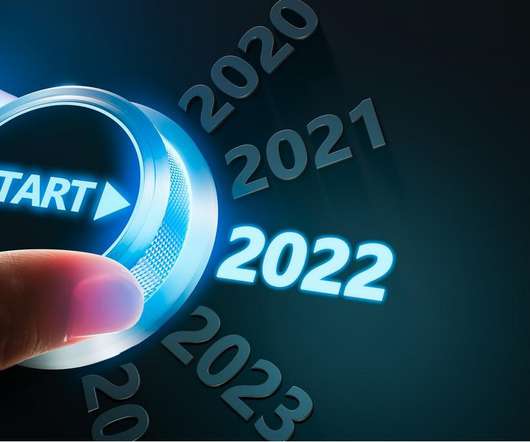Japanese Digital Marketplaces are Hot! What to Know About Setting Up Shop
Retail TouchPoints
DECEMBER 5, 2022
Growth markets include food, personal care, fashion, beauty products, toys, electronics and furniture amongst many other categories. Japan’s cross-border ecommerce market is growing as well: today it’s a $2 billion (USD) market, estimated to reach over $5 billion in 2030, and where new opportunities lie for U.S.












Let's personalize your content